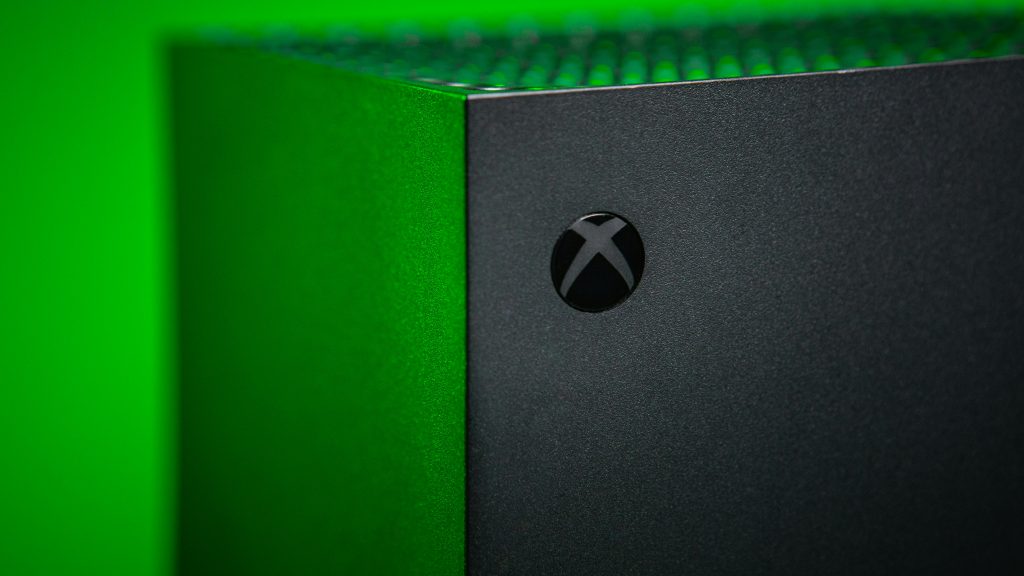The Legacy of Halo: A Gaming Phenomenon That Defined a Generation
When Halo: Combat Evolved was released in 2001, it wasn't just another first-person shooter. This game has reshaped the landscape of gaming and laid the foundation to become one of the most influential. More than two decades later, Halo continues to be a cornerstone of gaming with a fanbase that spans generations. But what exactly makes Halo such a lasting phenomenon?

The Birth of an Icon
At its core, Halo is about the epic struggle between humanity and an ancient alien alliance known as the Covenant. Players take on the role of Master Chief, a super-soldier whose mission is to protect humanity from annihilation. The story begins on the mysterious ringworld, Halo, that explores themes of war and the pursuit of knowledge.
The game's setting, filled with lush environments, ancient ruins, and futuristic technology, captured the imagination of players. But Halo wasn’t just about its story. It was also about how it played. Bungie, the developers behind the game, crafted a tightly tuned first-person shooter that was accessible to both newcomers and veteran gamers. The combination of innovative mechanics, an engaging single-player campaign, and groundbreaking multiplayer features made Halo a must-play experience.

Multiplayer Revolution
While Halo: Combat Evolved was a standout single-player experience, it was the multiplayer mode that cemented the game's place in history. Halo 2, released in 2004, elevated the series to another level by introducing online multiplayer for the Xbox Live service. The ability to play against friends and strangers over the internet was a game-changer. Halo 2's multiplayer maps, weapons, and modes became a blueprint for competitive shooters, and it played a pivotal role in the rise of online gaming on consoles.
The franchise continued to innovate in the multiplayer space with each new installment. Features like Forge mode (introduced in Halo 3) allowed players to create their own maps and share them with the community, further strengthening the bond between players and the game. The introduction of the "ranked" multiplayer system and the evolving balance of weapons and vehicles kept the competitive scene fresh and engaging for years.
Expanding the Universe
Halo has never been just about the games. Over the years, it has expanded into novels, comics, animated series, and even a live-action television series. These expansions have deepened the lore of the franchise, offering fans a richer understanding of the universe and its characters. Iconic figures like the AI Cortana, the enigmatic Forerunners, and the relentless Flood have become central to the Halo mythos, making the world feel more alive and connected across different media.

Looking Forward: The Future of Halo
In recent years, Halo has faced its share of challenges. The release of Halo Infinite in 2021 was met with mixed reactions, with some praising its return to the franchise's roots while others criticized its lack of content at launch. However, the core of Halo — its thrilling combat, memorable characters, and immersive world — remains intact. As 343 Industries continues to develop the series, there's hope that the next chapter will continue to evolve while honoring the legacy that has made Halo such a legendary franchise.
Ultimately, Halo isn’t just a game; it’s a cultural touchstone. It’s a series that defined a generation of gamers, created lasting memories, and set the bar for future shooters. And with each new iteration, Halo proves that its legacy is far from over.
